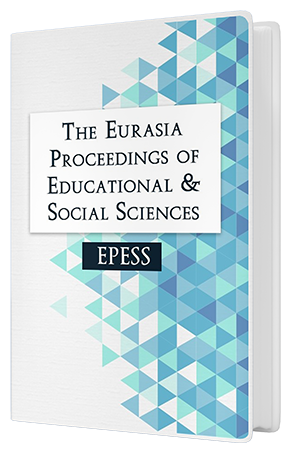EFFECT OF GENDER-RELATED DIFFERENCES IN ACADEMIC ACHIEVEMENT AND RETENTION OF SENIOR SECONDARY SCHOOL STUDENTS TAUGHT GEOMETRY USING PROBLEM SOLVING APPROACH
Keywords:
Gender related difference, achievement, retention, geometry, secondary schoolAbstract
This study investigates the effect of gender related differences on Geometry Achievement and retention of senior secondary school students. A pretest-posttest experimental control group research design was used. A total of 70 SS3 students were selected from about 9,540 students of Jigawa state using stratified random sampling techniques. Both male and female group were treated using problem solving approach. The instruments used for data collection were Researchers Made Test (RMT), Geometry Achievement Test (GAT) and Geometry Retention-Test (GRT). Data collected were analyzed using t-test statistic. Finding statistically showed the existence of significant difference between male and female students ’performance in Geometry Achievement Test, while there is no significant difference in male and female performance in Geometry Retention-Test. Based on the findings, Mathematics Teachers are encouraged to use problem solving approach (polya model) in teaching Mathematics.Downloads
Published
Issue
Section
License
Copyright (c) 2014 The Eurasia Proceedings of Educational and Social Sciences

This work is licensed under a Creative Commons Attribution-NonCommercial-ShareAlike 4.0 International License.
The articles may be used for research, teaching, and private study purposes. Any substantial or systematic reproduction, redistribution, reselling, loan, sub-licensing, systematic supply, or distribution in any form to anyone is expressly forbidden. Authors alone are responsible for the contents of their articles. The journal owns the copyright of the articles. The publisher shall not be liable for any loss, actions, claims, proceedings, demand, or costs or damages whatsoever or howsoever caused arising directly or indirectly in connection with or arising out of the use of the research material. All authors are requested to disclose any actual or potential conflict of interest including any financial, personal or other relationships with other people or organizations regarding the submitted work.




